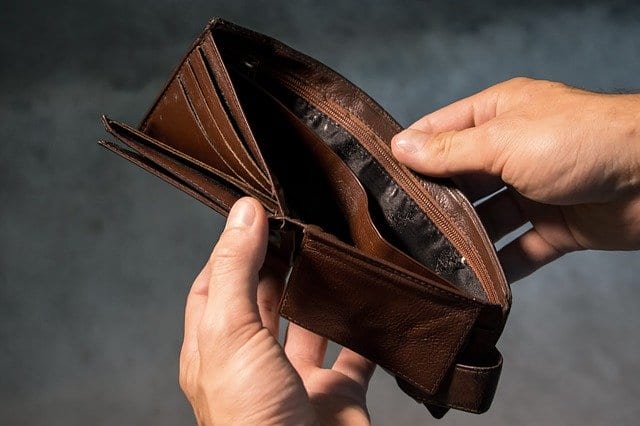Winning a lawsuit and getting damages is no guarantee you’ll actually see the money.
Many of the people involved in serious accidents have a hard time getting the damages they deserve for their injuries. You may have to go through a lengthy lawsuit to get a fair settlement and then what? What do you do if the defendant says they cannot pay? You know they may be lying, but how do you prove it? Your best chance of collecting the damages the court awarded you is to look for experienced hidden assets attorneys to find the debtor’s money.
Here’s a quick look at how collecting damages works and how you can find a debtor’s hidden assets.
What happens when you win a personal injury lawsuit?
Winning a lawsuit and getting damages is no guarantee you’ll actually see the money. The judge will award you a certain amount of damages. If you have some skilled accident lawyers working on your case, that may be a significant sum. Now, what? The judge’s mission is complete. The court awarded you damages, but it’s not like they’re going to get the money for you. That’s your job. You become the judgment creditor, and the defendant is your debtor.
What is asset disclosure?
The court may ask the defendant to provide a list of their assets for collection purposes or, as the creditor, you can request a court order for a debtor’s examination, during which the individual that caused your accident will have to answer questions about their assets, including:
- cash
- an inheritance or trust
- safe-deposit boxes and storage spaces
- checking, savings, and investment accounts
- personal property, such as cars, boats, artwork, and jewelry
- real estate (residence, vacation home, timeshare, or office building)
- ownership interests in any business.
How can you locate hidden assets?
The debtor may tell you they cannot pay. At this point, you will turn to your lawyers for help, but you need to be very careful to stay within the law. Hiring a private investigator to look for hidden assets may be a good idea, provided that they don’t drag you into an illegal operation and put you at risk of facing criminal charges. What you need is a lawyer specializing in hidden assets. This is a law practitioner and a member of the bar, and their area of expertise is financial investigation. As such, they understand what’s legal and what is not.

For example, if you believe that your debtor is hiding money in an account under the name of a shell company, a private investigator might bribe someone at the bank to obtain a copy of the account details. This poses great risks as it violates privacy and banking laws, and could have legal consequences. Also, the debtor’s lawyers might move to have illegally obtained evidence declared inadmissible. There have been cases when the judge ruled such evidence admissible, but you cannot bet on this.
However, if you turn to a financial investigator with a good understanding of federal and state law, as well as knowledge of legal precedents, they will help you discover your debtor’s hidden assets in a legal manner. For instance, a legal expert can even track money hidden in a foreign bank, by filing a lawsuit and obtaining a court order in that country.
Once your financial investigators discover where the debtor is hiding the money you can finally collect the damages you are owed.


Join the conversation!